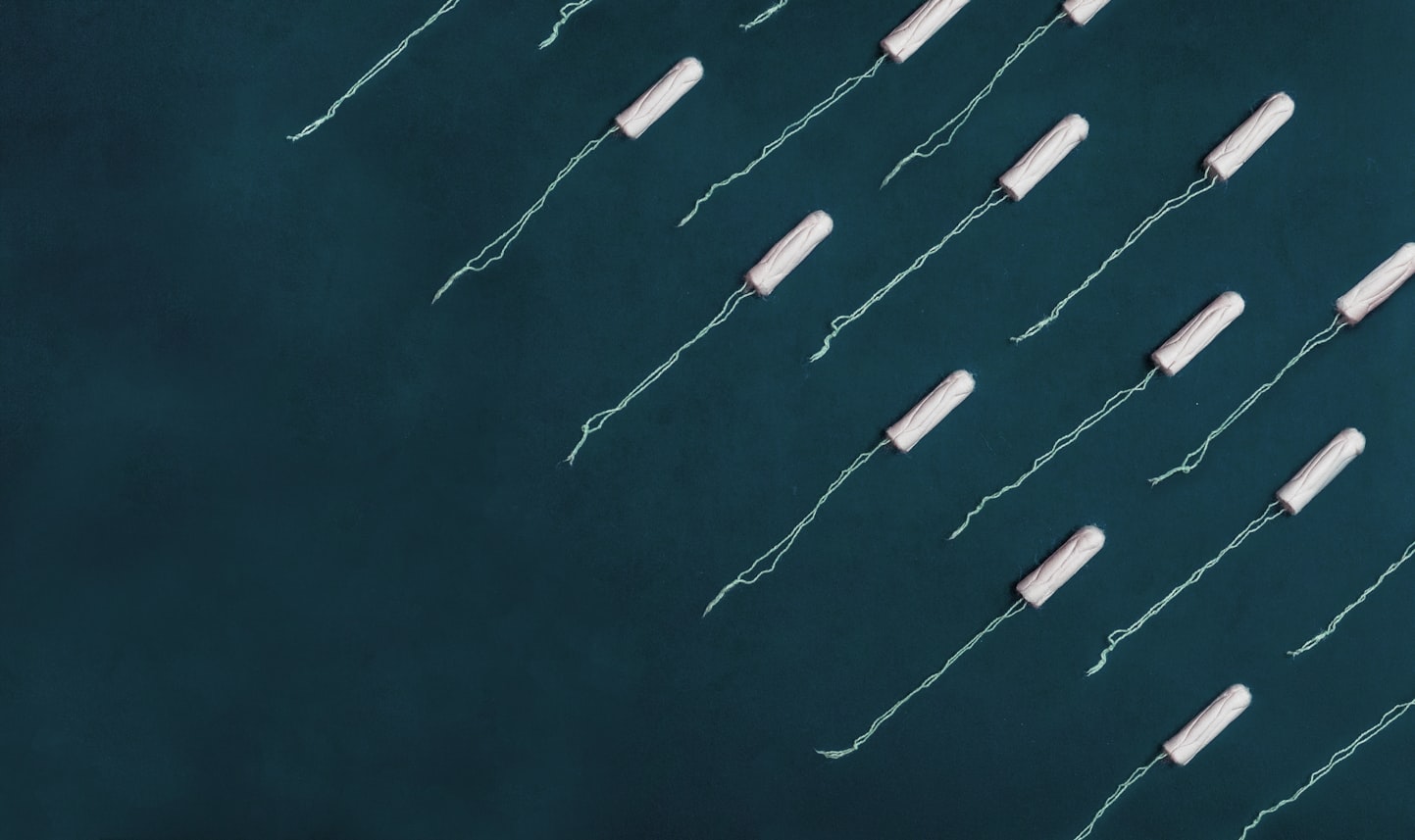20.6 billion has been pledged by countries and foundations globally to aid women, children, newborns, and adolescents affected by COVID-19.

(From PMNCH Press Release, December 2020) The COVID-19 pandemic is threatening three decades of improvement in health and social services for women, newborns, children and adolescents.
The well-being of this vulnerable group is being more affected than others due to disruptions to essential health, nutrition and social services since the pandemic, according to senior health experts at The Partnership for Maternal, Newborn & Child Health (PMNCH), a global alliance of more than 1,000 organizations, hosted by the World Health Organization (WHO).
Read More









